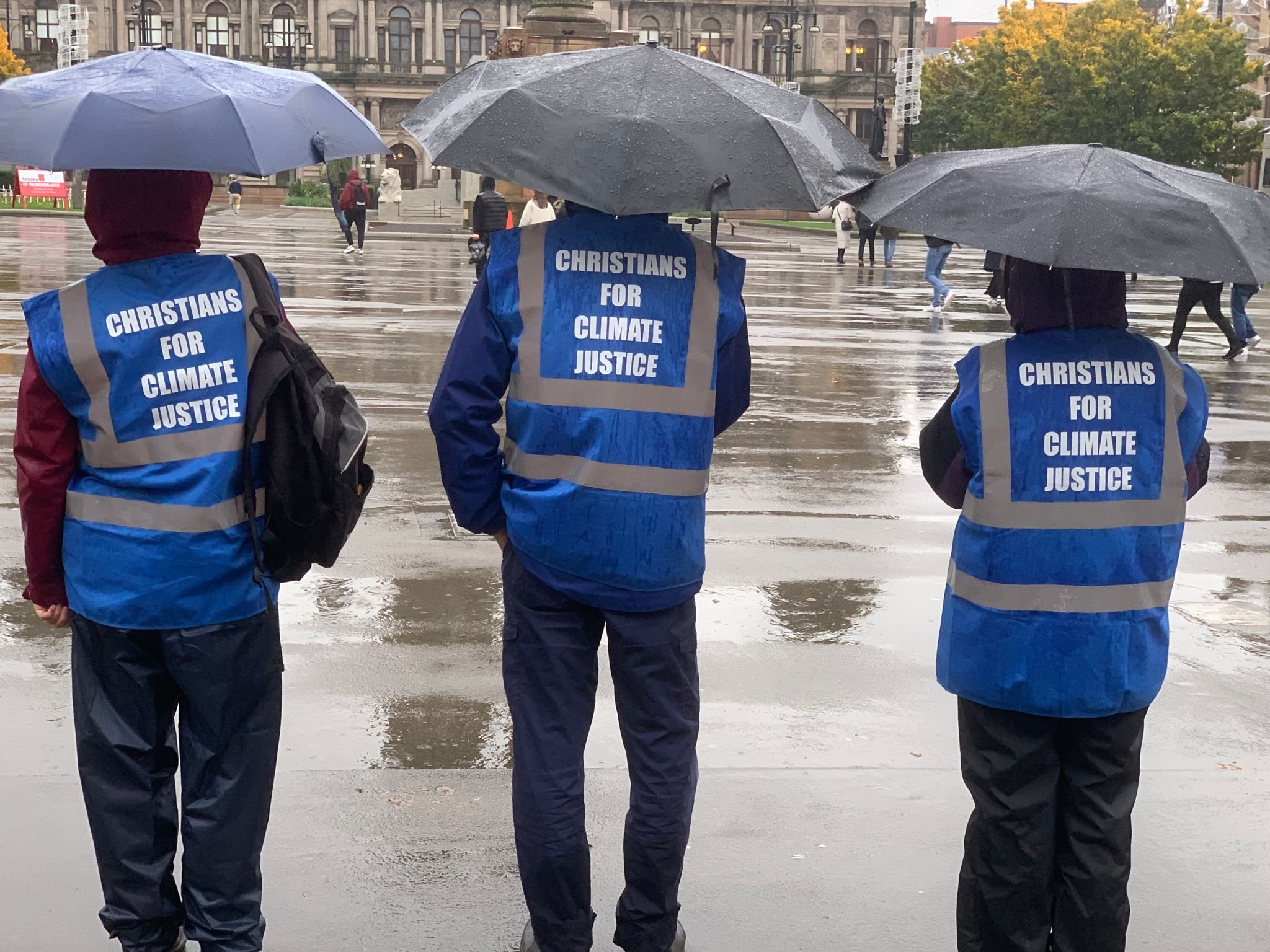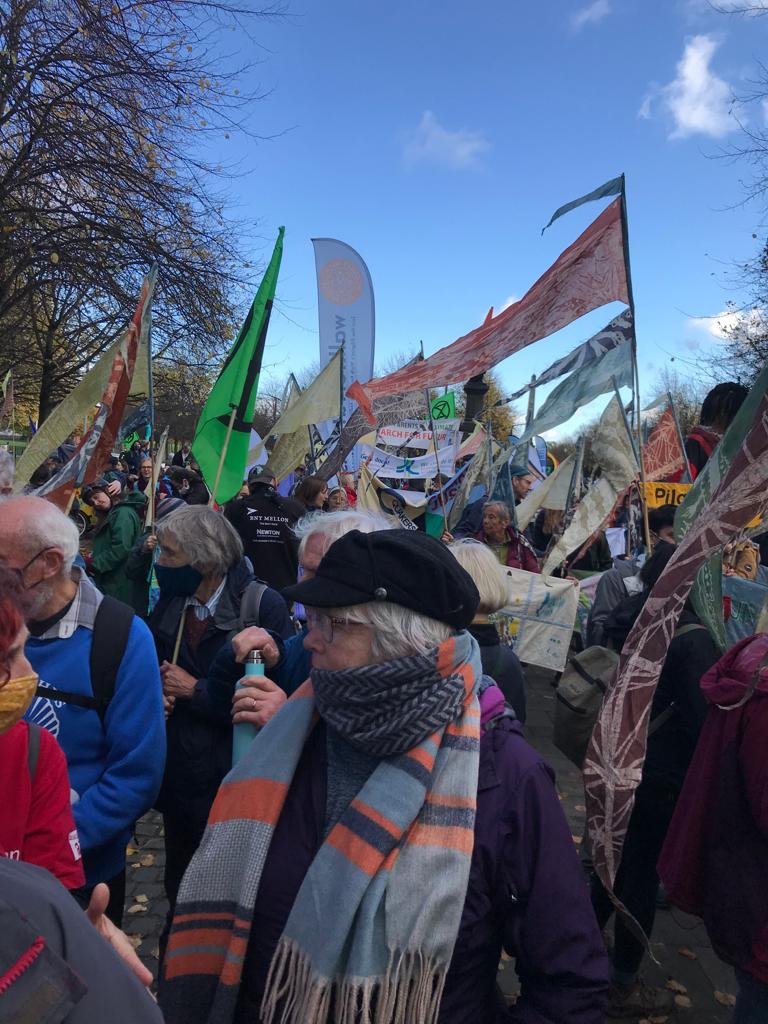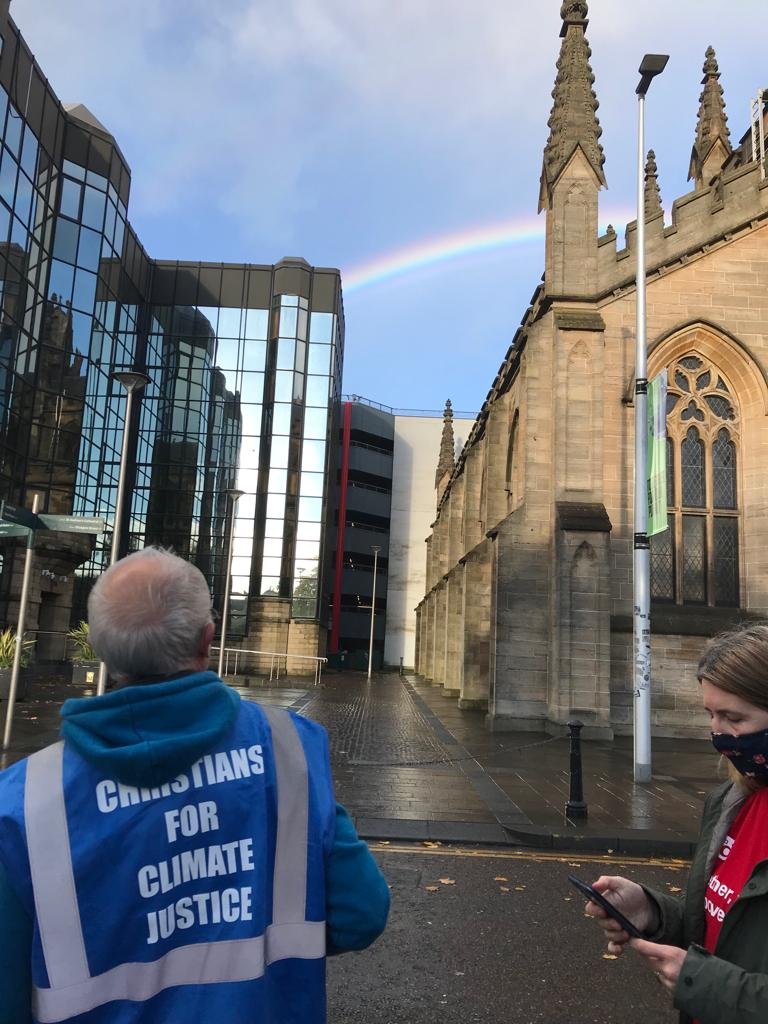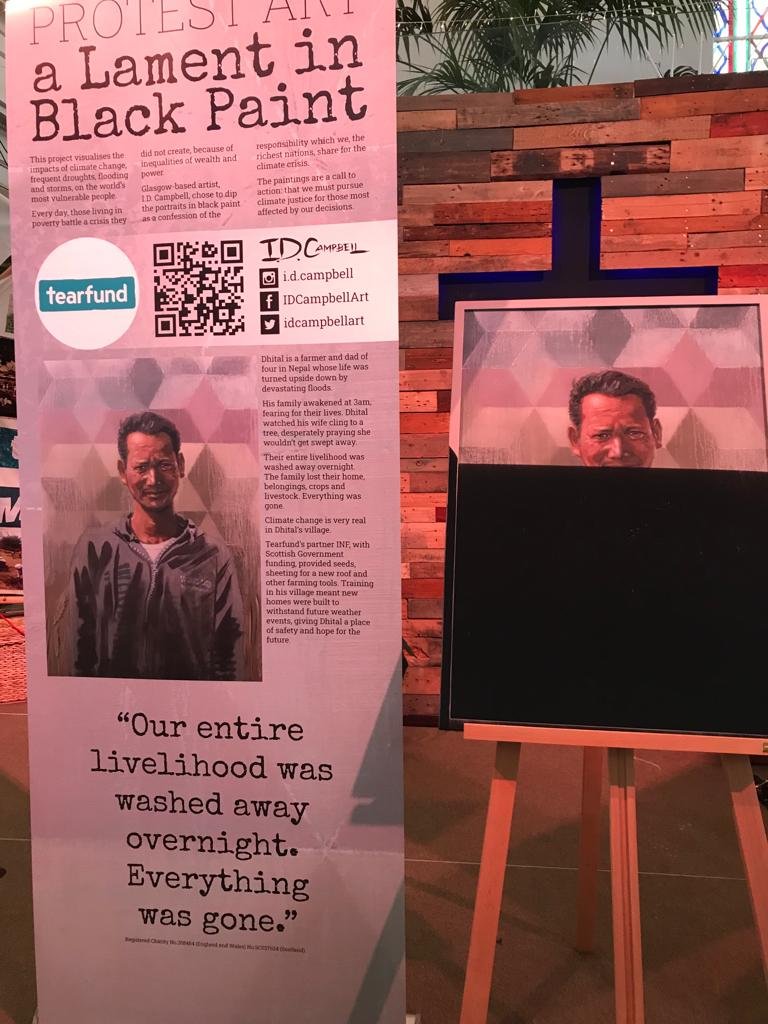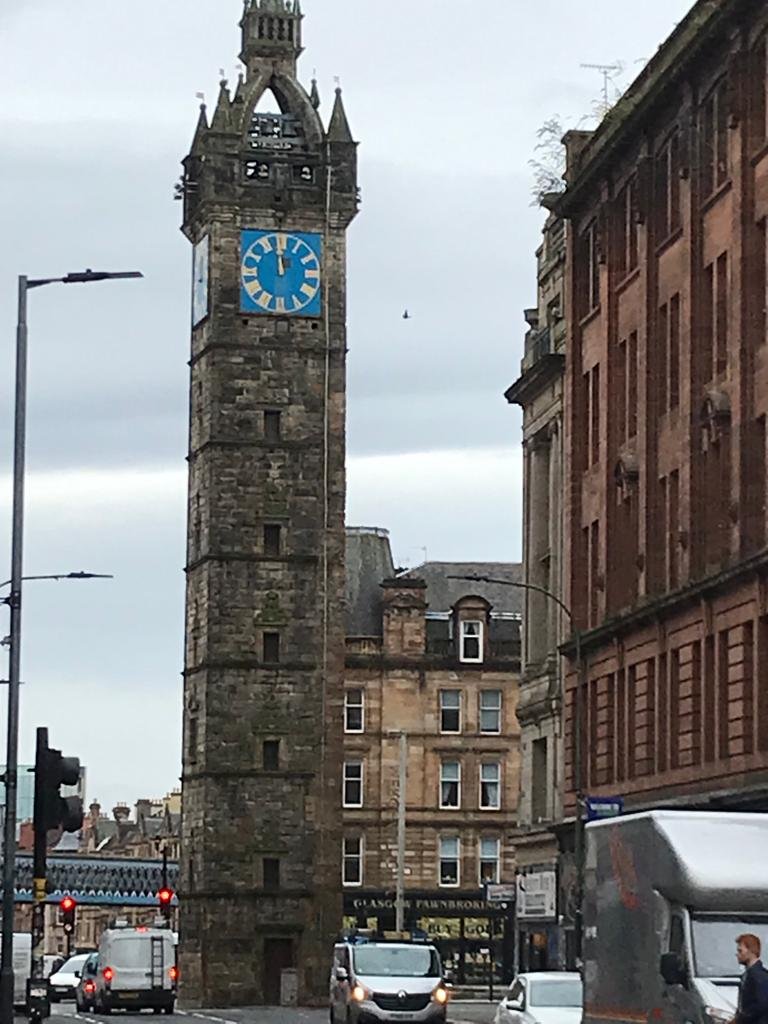News from COP26
Some of our team are in Glasgow this week for the UN Climate Change Conference of the Parties (COP26) in Glasgow.
Chairman, Paul Williams reflects and reports beneath.
Inclement weather?
Getting to Glasgow has proved difficult for some of the delegates, observers and activists gathering for the UN Climate Change Convention, COP26. Flooding along the West Coast Main Line, reports of tornadoes in the Midlands, and trees down across lines have led to some tortuous journeys and long delays. Such extreme weather events are perhaps a fitting curtain raiser for the negotiations that could be a turning point in the battle to reduce the rate at which the planet is warming.
A tale of two worlds
There is a stark contrast between the inconvenience this disruption has caused to those participating in COP and the impact such extreme weather events are having on the lives and livelihoods of so many millions around the globe. There are many distressing stories being told in the blue zone where the delegates are convening, the green zone where NGOs gather and the many churches and public spaces around the city where activists and the citizens of Glasgow meet. Two simple unvarnished messages received from Church partners in Rwanda, known to us, illustrate the gravity of the impact of our changing climate.
One shared:
“Our lakes have reduced their volume of water, and this led to shortage of electricity and fish harvest. We are having poor harvest in crops as our seasons were interfered by the climate change. We are experiencing destructions of our environment due the climate change whereby some species of plants are terminated from either long sunny season or long rainy season. Many strange diseases are outbreaking due to the poisoned atmosphere from industrial pollutants which in its turn changes climate. We are having a few crop in fish, thus it is not everyone to afford the price of fish. Reduction of water from wells and taps are nowadays causing conflicts”.
Another says:
“Climate change is affecting Rwanda in its different sectors. But especially to the agricultural sector. Agricultural production has very reduced. Rwandan population is highly dependent on the agriculture, which is more sensitive to the climate condition. Now Rwandan agriculture has affected due to the unpredictable and unreliable rain. As a result, many Rwandans are suffering from food insecurity. This is more specific to Rugendabari as a high mountains and danger region. Their plants have dried. I am telling you the truth, people there are suffering from hunger. Can you imagine, a family can eat once in a day or spend a day and night without eating! Rugendabari is now in very bad condition. Some children are dropping out because of hunger. Their parents have no money to buy food for their children”.
Travelling around Glasgow one is also confronted by the incidence of poverty and homelessness in this country. Yet in this country we have a welfare state, national health service and social security. While it is distressing to see that some are falling through the security net these provide, the impact that the changing climate is having on those who do not have access to such help, can be the difference between life and death.


